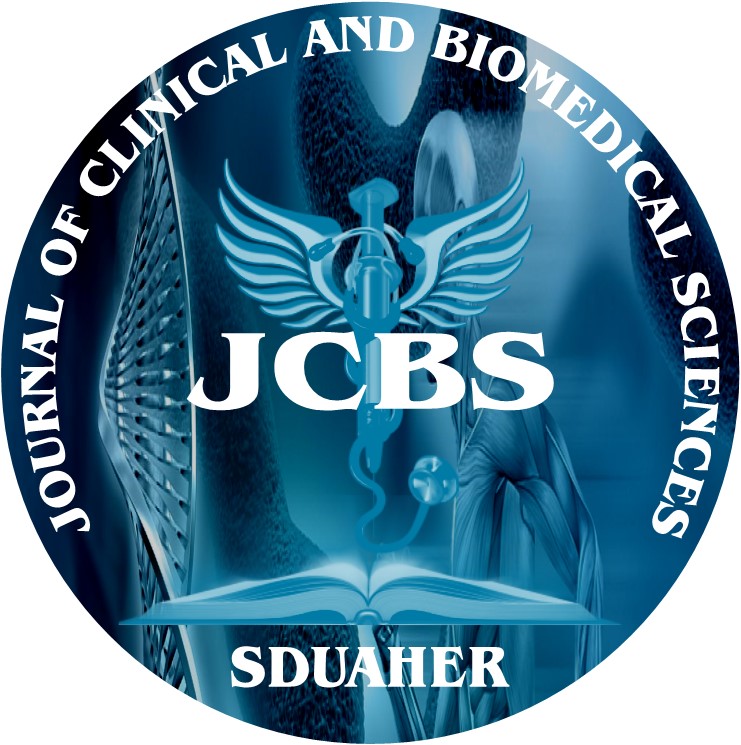


Journal of Clinical and Biomedical Sciences
Year: 2024, Volume: 14, Issue: 4, Pages: 138-142
Original Article
Gurung Akriti1, Saranya S1,2∗
1Department of Medical-Surgical Nursing, Krupanidhi College of Nursing, Bengaluru, 560035, Karnataka, India
2PhD (Nursing) Scholar (Part-time), Chettinad Academy of Research and Education, Rajiv Gandhi Salai, Kelambakkam, Kanchipuram, 603103, Tamil Nadu, India
*Corresponding Author
Email: [email protected]
Received Date:21 August 2024, Accepted Date:25 September 2024, Published Date:20 December 2024
Background: High-quality medical treatment is made possible by the development of computer-aided learning. It also makes things simpler for students to learn using both technology and course materials. Objective: To estimate the knowledge and attitudes regarding the CAL among Nursing, Pharmacy and Physiotherapy students. Materials and Methods: A descriptive correlation design was used, and 334 samples were chosen using purposive sampling. The study was conducted among UG and PG nursing, pharmacy, and physiotherapy students in the Krupanidhi Group of Institutions. The data was collected with the help of baseline data, self-administered questionnaires, and an attitude scale. Result: The description of subjects showed that 60% (201) of subjects were in the age group 18-20 years; 63.2% (211) were female, and 64.1% (214) of the subjects were from the Nursing, Pharmacy and Physiotherapy departments. Most subjects, 56.9% (190), needed prior knowledge of computer-aided learning. In most subjects, 63.2% (211) had adequate knowledge; 58% (195) of subjects had positive attitudes towards computer-aided learning. The Karl Pearson test was applied to investigate the correlation between knowledge and attitude, and the results indicate a significant positive correlation between both variables (r=.198, p=0.001). In order to assess the association between the demographic variables as well as knowledge, the chi-square test was applied. Concerning demographic information, including age and prior knowledge, the range of expertise among students studying nursing, pharmacy and physiotherapy was statistically significant at 5% (p<0.05). Conclusion: Nursing, pharmacy, and physiotherapy students had sufficient computer knowledge and supported the inclusion of computer-aided learning in their education. This study emphasises that computer-aided learning is valuable for allied health science students. Its incorporation in the education curriculum can enhance knowledge acquisition, foster a positive attitude, and ultimately contribute to developing highly skilled professionals.
Keywords: Computer-aided learning, Allied health science, Knowledge, Attitude
This is an open-access article distributed under the terms of the Creative Commons Attribution License, which permits unrestricted use, distribution, and reproduction in any medium, provided the original author and source are credited.
Published By Sri Devaraj Urs Academy of Higher Education, Kolar, Karnataka
Subscribe now for latest articles and news.